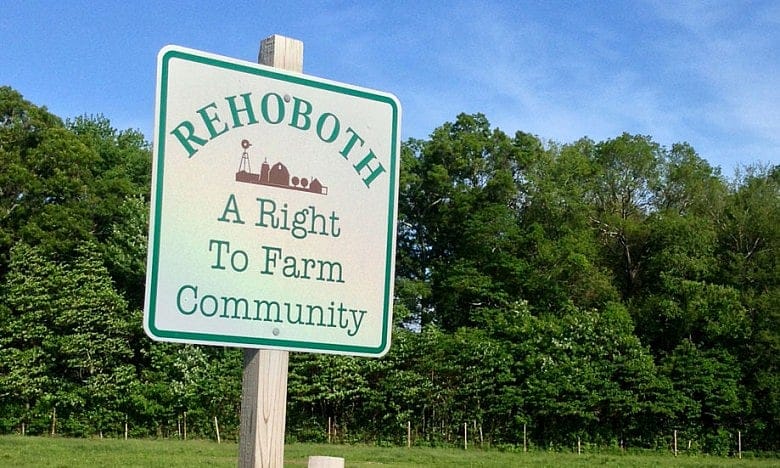Massachusetts court to hear case on profanity-laced letter

BOSTON (AP) — Michael Costello knew being a selectman in a small town wouldn't be a glamorous job, but he never imagined he'd be called a "thug," "scumbag," "loser" and other, unprintable names in anonymous letters mailed to his home.
Now the highest court in Massachusetts has decided to re-examine the state's criminal harassment law to determine whether it violates the constitutional right to free speech when applied to criticism of an elected official's actions or qualifications.

